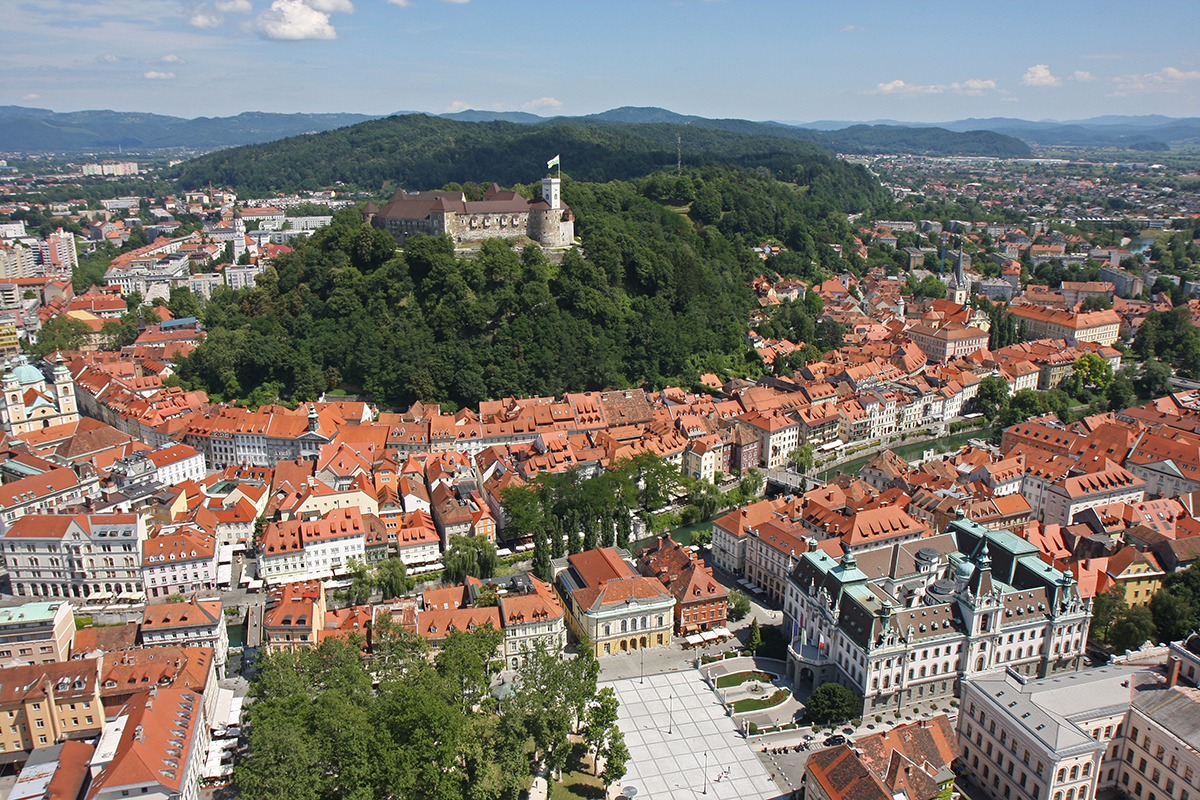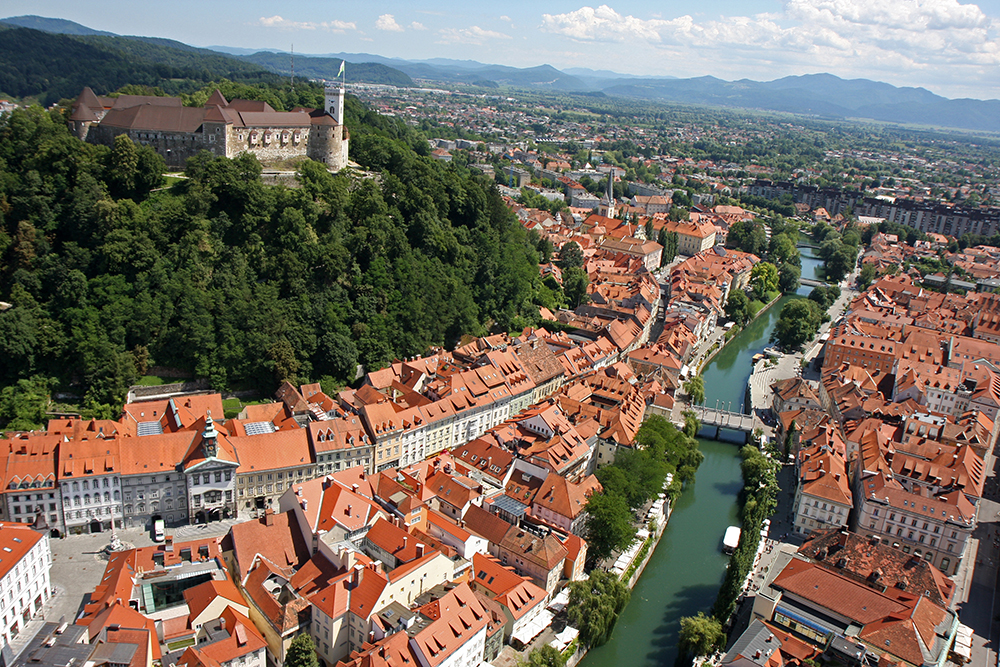
Affordable Housing – A Precondition for a Healthy Society
juin 4, 2019 — Uncategorized
Global economic crisis, gentrification, redistribution of wealth, urbanization, migration and global warming are only a few factors affecting the housing market around the globe. Taking into account that safe, affordable and lasting housing solutions are without a doubt one of the basic preconditions for a healthy society. It is clear that housing crisis has to be tackled with great care and priority.
The housing market in the city of Ljubljana (as well as the rest of Slovenia), is mainly owner-occupied and the rental sector represents only about nine per cent of all housing units. This is the case in most Eastern – European countries because of the privatization of former commonly owned property to private property.
Lack of affordable rental housing accessible to low and middle-income groups (who in general are not able to solve their housing problem with property ownership), is an increasing issue in the city. Of the total estimated affordable rental housing shortage in Slovenia – which amounts to 9200 units, about 4200 additional units are needed in Ljubljana. If we take into account about 120 – 150 additional municipal rental units are provided each year, the prospects for the future are challenging.
The total municipal affordable housing stock of 4179 units is, by its purpose, divided into:
- 3537 nonprofit units,
- 378 residential units,
- 82 units with support for elderly and
- 45 units rented to non-governmental organizations.
Nonprofit units represent regular units rented for an unlimited period to eligible tenants who have to fulfill income and property thresholds required by law. Residential units are housing units intended to shelter the most socially disadvantaged and are rented for a limited time (for the time of social hardship). The city also provides apartments for the elderly, who can generally live on their own but still need a certain amount of help. Apartments are also rented to non-governmental organizations that take care of tenants who (in general) cannot live independently.
It is clear that not only from the social point of view but also from a sustainability perspective rental housing units are the best solution society has to offer to utilize its housing assets to the fullest. However, the city and its public housing fund with its scant resources are very limited in ensuring new housing units; hence public-private partnership (PPP) seems a good way of gaining much needed additional funding for the housing market.
Private partnerships as housing cooperatives would ensure additional safe and affordable apartments are currently not present in Ljubljana, nor are in Slovenia. The city is at present in the process of acquiring a private housing cooperative as a private partner to establish a first PPP of that form in the state and hopes similar initiatives will stem from this good practice.

Setting up the municipal housing scheme
The housing scheme in Ljubljana needs a clear political commitment. Designing continuous municipal housing strategies, investing in new affordable housing and developing new housing solutions, supporting wide income groups and thus ensuring a much needed social mix are possible only with political commitments and common social awareness about the importance of affordable and safe housing solutions.
Solutions-oriented approaches and regular coordination of the municipal departments and public companies, together with the public housing fund, are also of crucial importance.
It needs to be emphasized that, for the housing scheme to be sustainable and socially just, not only “brick and mortar” matters. Soft measures are equally important – ensuring a roof over the head, and awareness that the city and its public housing fund is often the last safety net preventing individuals and families from homelessness.